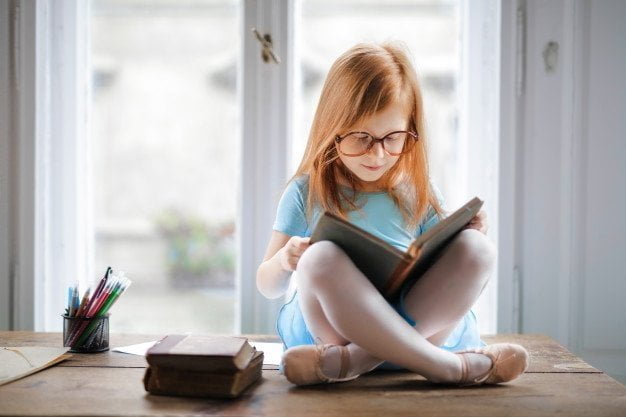Writing for children requires a lot of creative writing skills. Honestly, it’s not that simple. For one, the writer needs to use simpler words and sentence structures.
Plots must be tradition and simple as well, but this is subjective to the demographic. Even then, thinking about what story to write about is not easy, but this is the most important part of self-publishing children’s books.
Reading stories with kids introduces them to the complicated nature of communication and helps them in getting essential language skills. However, the type of books read to kids adds to the depth of their knowledge. Parents should seek to include a mixture of books in their read-aloud activity. Various types of genre books are connected with different numbers and types of language and all will encourage a distinct dialog or conversation with kids.
Thinking about your next children’s story may make you feel stuck, but there are a lot of genres to pick from that can capture the attention of children.
There are a plethora of genres out there to inspire writers in their next story. However, before writing, they need to decide on their purpose by asking these questions:
- What do you want to write about?
- Who is your target audience?
- What message do you want to convey?
“To delight and instruct”
This is the traditional view of literature: to imitate real life and teach readers a lesson. Aristotle, Horace, and William Wordsworth embodied these in their writings, believing that literature is about “satisfying man’s needs, shaping and enlarging his moral vision.”
Looking back to preschool classes, the moral lesson of the story is always highlighted, and this should be kept in mind when writing a children’s story.
According to psychiatrists, children tend to place themselves in the shoes of protagonists. As a result, the actions in the story affect children emotionally and psychologically. This allows them to embody the moral lesson of the story.
Genres
Determining the genre of your story dictates the literary elements that you include in the book. It also piques the interest of readers, depending on their preferences.
1. Mythology
Magical creatures. Monsters. Superhumans. What’s not to like about mythology? It’s fun and exciting but also complex.
Presenting it to kids through children’s books might be the most effective way. Simplifying complicated conflicts can help pique their interests in mythology. Plus, they will thank you in the future when they’re in high school. Helping children discover learning genres that please them makes the research for extra books very easier.
Mythology is also a prime example of character reversals. They’re big on facing the consequences for one’s actions.
2. Historical fiction
This is usually a boring topic. Going a little postmodern and making historical events and figures interesting can work well for children. Creating a story out of real events that happened in the past by adding some fictional elements can capture readers.
How do you write a story without making it like a history book? Literary elements.
For example, the protagonist meets a former president, and they spend the day together. Along the way, they face challenges and resolve the conflict together. Now, you have characters and a plot.
3. Realism
Realism is grounded in what can happen in real life in this very universe. No magic. No made-up places. Even No time-travel, too.
You may think children lose interest in this genre, but studies prove that children pick up the moral of the story better when the characters are humans. This is because children identify better with these characters and learn more about the real-world.
A genre of tales that are made up but could very great appear in actual life. These stories usually take place in contexts familiar to your kid — like schoolhouses — which presents them with extra relatable.
Books that kids can easily compare to increase their capacity to implement the story’s lesson to their regular lives. Teachers and parents need to choose precisely when the goal is to develop real-world experience and social practices through storybooks. Parents can play a vital role in kids’ learning by asking them to describe parts of the story and encouraging them to see the connection between the story and their own experiences.
Therefore, think about something you want to teach children and write a story about it.
Reading is an essential skill that should be developed in children. It can teach them life lessons through imagination. They can also practice empathy by identifying themselves as the characters in the story. As a writer, your role is to give them stories that incite these within them. This makes you a crucial part of their personal development.
Read Also:






























